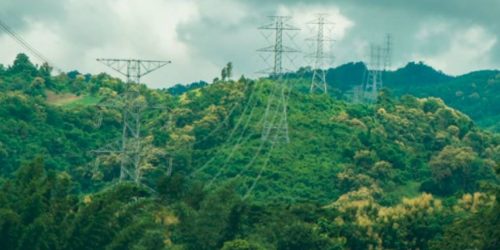Russia’s exports of petroleum products to the United States more than doubled in the first half of 2020 compared to the same period last year, reaching their highest levels since at least 2004, Russian outlet RBC reported, citing Russian customs data. Russia’s oil products exports to the U.S. jumped to 9.1 million tons between January and June 2020, up from 4 million tons for the same period in 2019. The U.S. was Russia’s second-largest buyer of oil products – accounting for 12 percent of Russia’s petroleum products exports – after…
Read MoreDay: August 11, 2020
Demand Crash Hit U.S. Refiners With Surging Biofuel Blending Costs
U.S. refiners are feeling the pinch not only from the lower fuel demand, but also from the surging costs for complying with the biofuel requirements as refining and blending activity is lower than usual. Under the Renewable Fuel Standard (RFS), oil refiners are required to blend growing amounts of renewable fuels into gasoline and diesel. Refiners that don’t have the infrastructure to blend biofuels must purchase tradeable blending credits known as Renewable Identification Numbers, or RINs. Because of the slump in demand, blending activity has been lower than what is…
Read MoreEastern Libya Sees Power Outages As A Result Of Oil Blockade
The closure of oil ports in the Gulf of Sirte is the main reason for the power outages in eastern Libya, the National Oil Corporation (NOC) says. “By closing the ports in the Gulf of Sirte, the condensate reservoirs at the export ports will be filled within days, and thus the production of the gas associated with the condensate, which feeds Zueitina power stations and north of Benghazi, will come to a halt,” NOC chairman Mustafa Sanalla said, as carried by The Libya Observer. A few days ago, Sanalla warned…
Read MoreElectricity ‘beamed’ to homes could do away with wire transmission cables
A Kiwi technology start-up hopes its long-range wireless power transmission system will herald a brighter, cleaner future. Emrod has developed a system which converts electricity into electro-magnetic waves that can be sent wirelessly to receivers to be converted back into electricity for use in homes and businesses. In the long-term, founder Greg Kushnir believes the technology could reduce humanity’s dependence on oil by making electric air travel and shipping possible. In the shorter-term, it’s being earmarked to deliver power to remote New Zealand homes and island communities, and to provide…
Read MorePakistan pushes renewables – but coal expansion continues too
ISLAMABAD (Thomson Reuters Foundation) – Pakistan this week set in motion a plan to boost the share of its electric power that comes from renewables to 30% by 2030, up from about 4% today, government officials said. “The targets in the newly announced policy are a 20% share of renewables in installed capacity of Pakistan’s power mix by 2025 and 30% by 2030,” said Syed Aqeel Hussain Jafry, policy director for the government’s Alternative Energy Development Board. That will include mainly wind and solar power, but also geothermal, tidal, wave…
Read More







